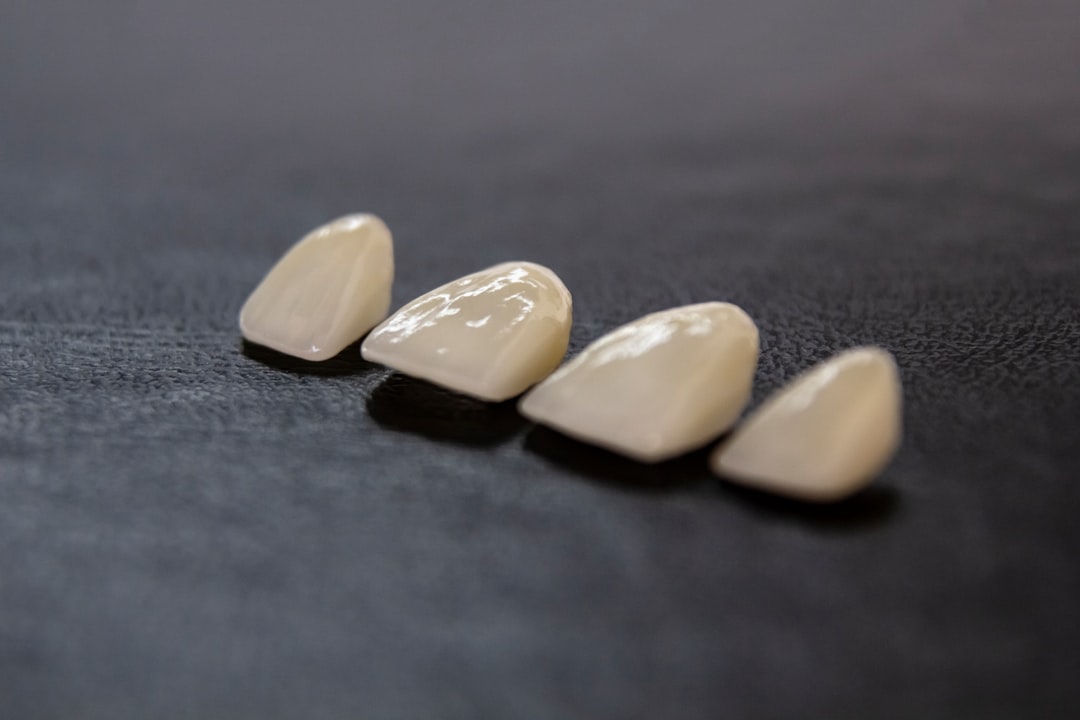What is it about?
Propolis is a gummy, resinous substance made by bees from the buds and exudates of plants as well as β-glucosidase, which is secreted from the glands and hypopharynx of bees.The word propolis is derived from the Greek word “pro”, meaning “defense”, and “polis”, meaning “community” or “city”, which altogether means “defending the city” (in reference to the hive), as bees use this product to seal cracks and holes in the hive walls and to embalm invading insects for self-protection
Featured Image

Photo by James Wainscoat on Unsplash
Why is it important?
In general, propolis is composed of resins, waxes, polyphenols, polysaccharides, volatile materials, and other substances. Since antiquity, this product has been known to possess various biological and pharmacological activities, such as antiviral, antifungal, antioxidant, anti-inflammatory, antitumor, immunomodulatory and, especially, antibacterial properties. These properties are directly related to the organic compounds present in propolis, primarily polyphenols, such as flavonoids, as well as terpenoids, steroids, naphthalene, stilbene derivatives, and fatty acids Research on propolis has primarily focused on its antibacterial activity [13-28] because it inhibits gram-positive bacteria. Interestingly, the antibacterial activity of propolis is known to vary according to the purification technique, the type and concentration of solvent used for its purification, its geographical origin, type of surrounding flora, the collecting bee species, the collection method used, and the season and even the site of its collection. However, these observations have not been corroborated experimentally by studies that have exclusively focused on evaluating these variables [4]. Thus, the objective of this study was to compare the antibacterial activity of ethanolic extracts of propolis collected in Santiago de Chuco in the summer and autumn on the growth of Streptococcus mutans ATCC 2517.
Perspectives
the best
PABLO MILLONES
Universidad Alas Peruanas
Read the Original
This page is a summary of: Antibacterial Effect of Peruvian Propolis Collected During Different Seasons on the Growth of Streptococcus Mutans, The Open Dentistry Journal, September 2019, Bentham Science Publishers,
DOI: 10.2174/1874210601913010327.
You can read the full text:
Resources
Contributors
The following have contributed to this page










